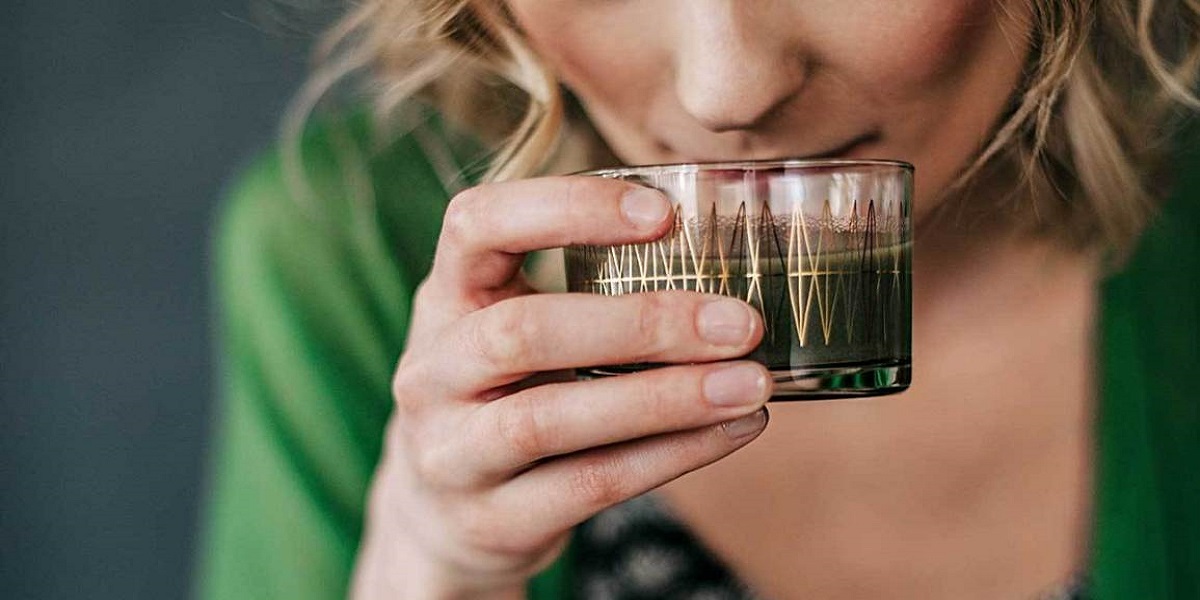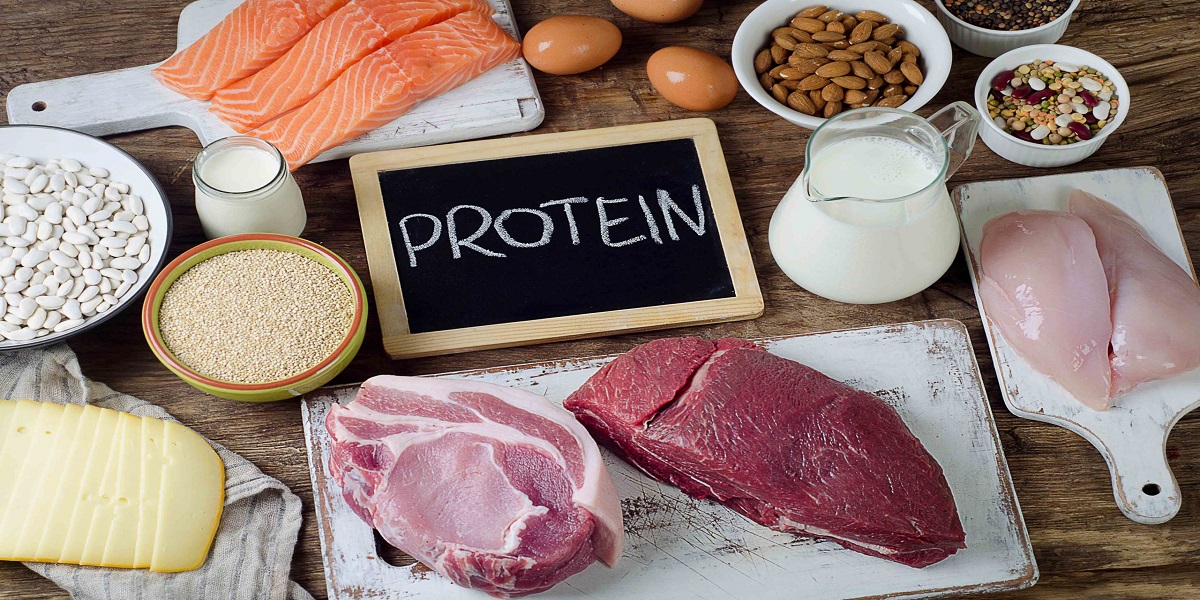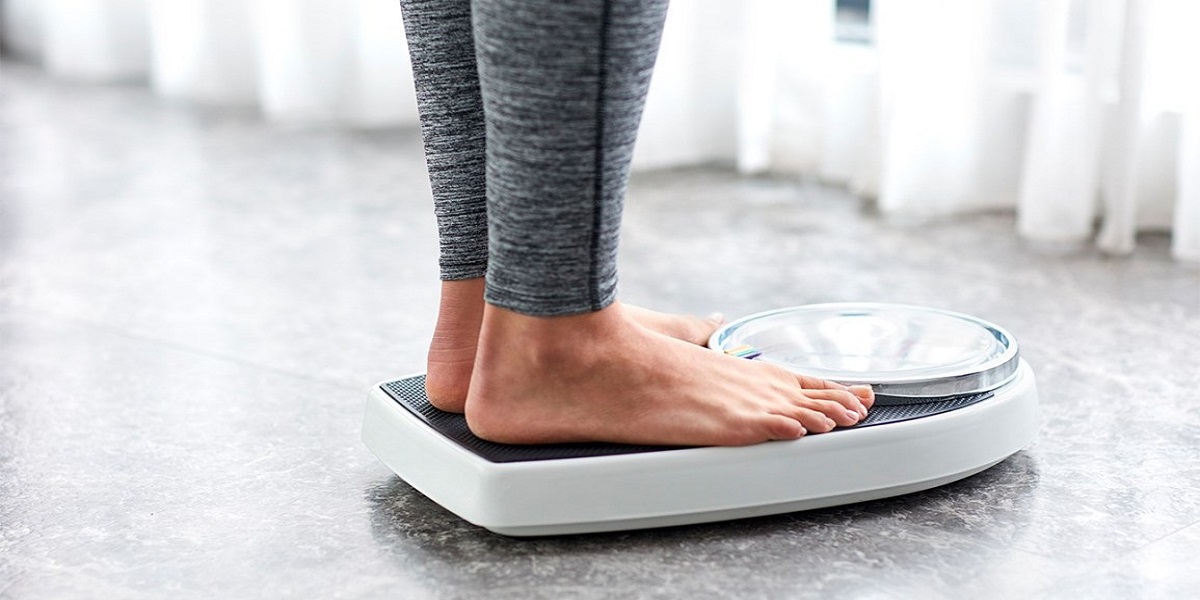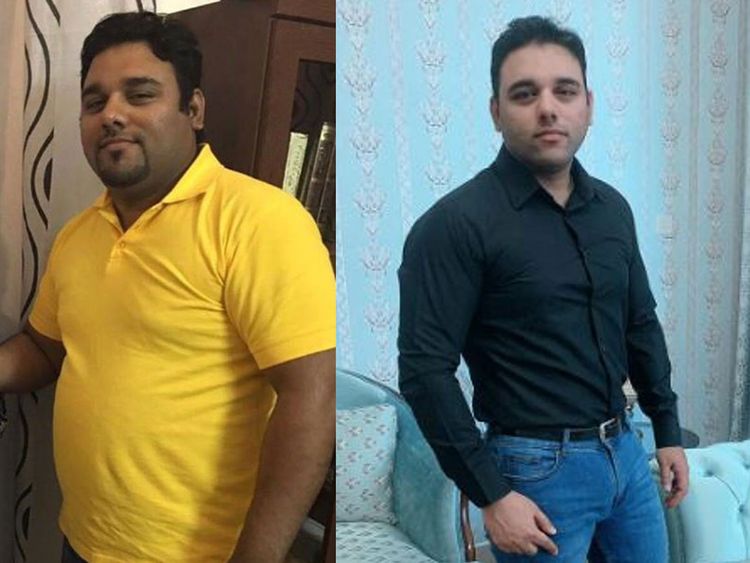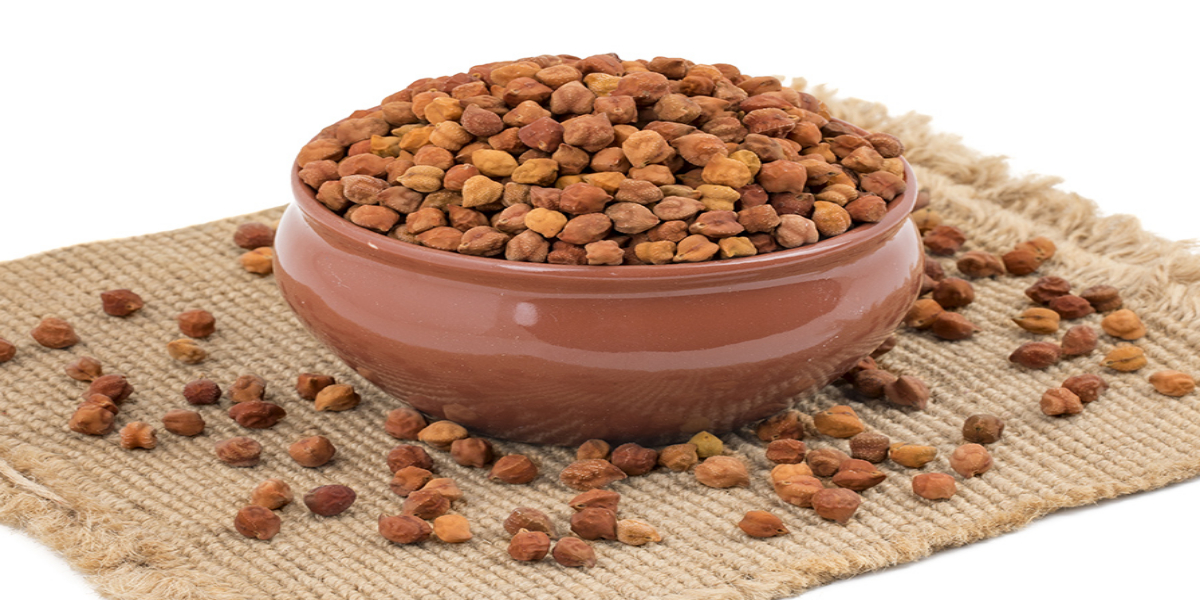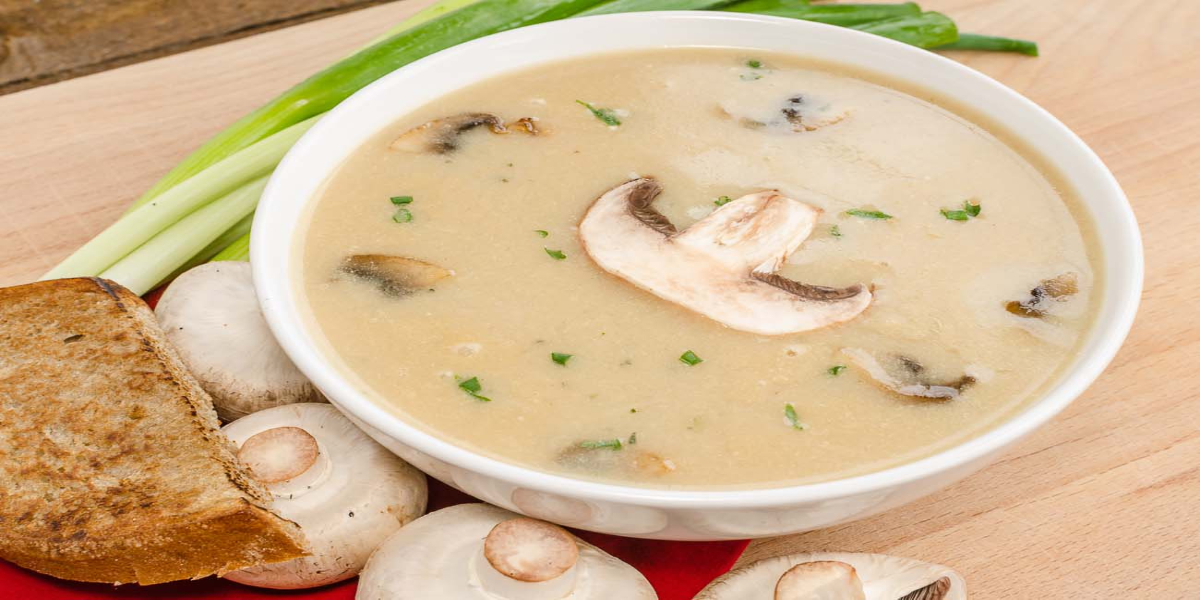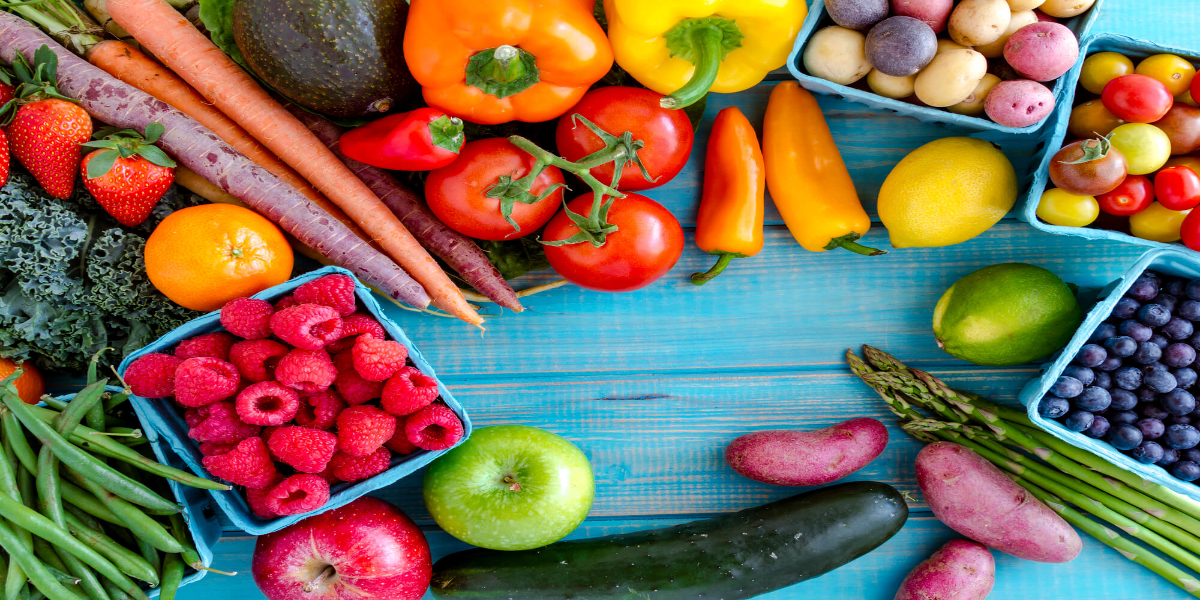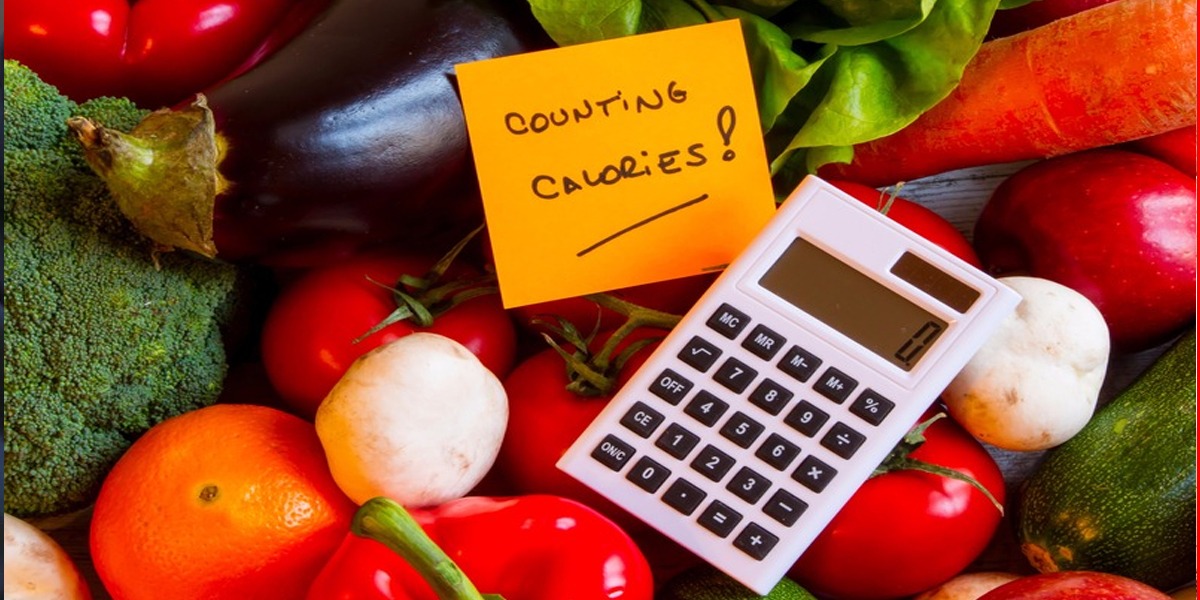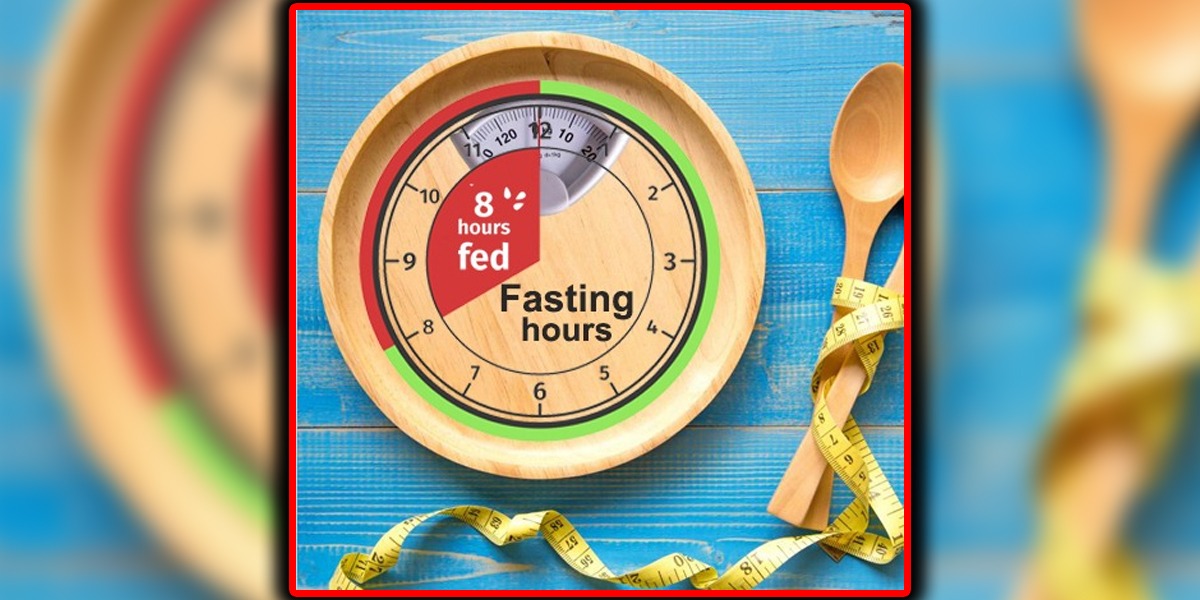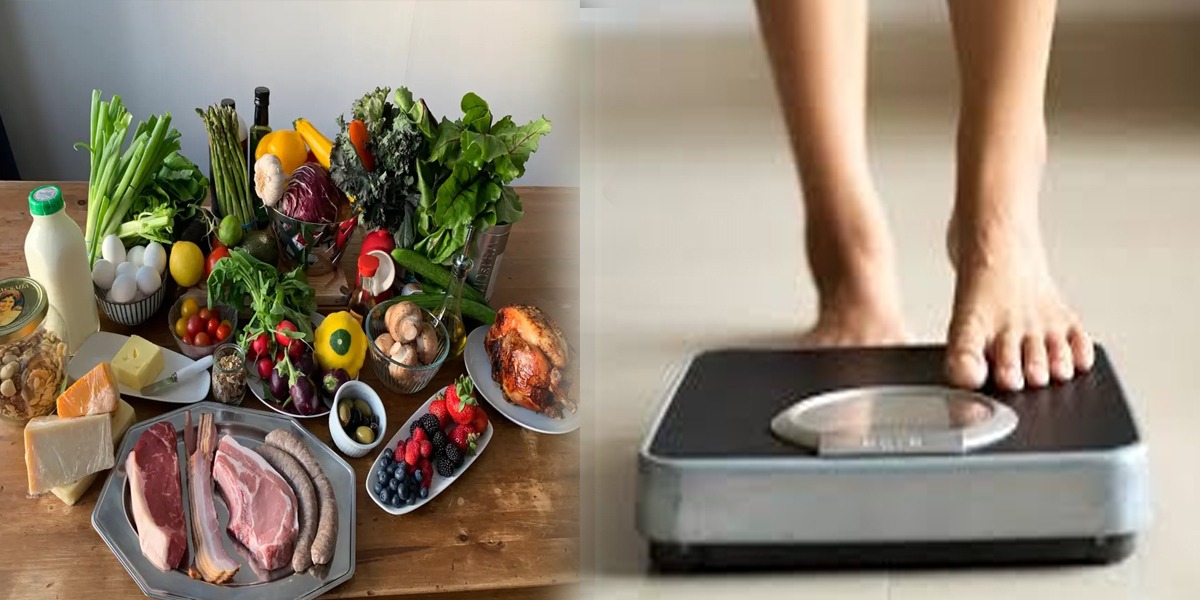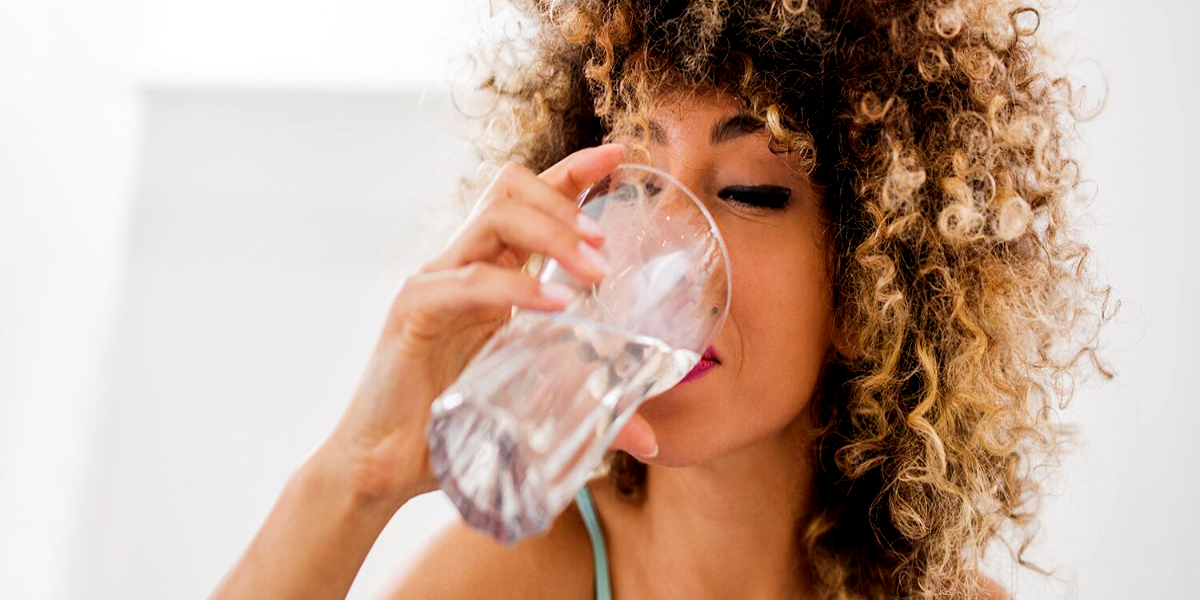- Ramadan is an example of our culture’s unwavering love for food.
- The holy month is also a time for introspection and prayer.
- You need to include a nutrition plan in your Ramadan schedule.
In the Muslim world, this time of year means that our phones will be inundated with Ramadan greetings and that our dining tables will be piled high with food. While Ramadan is the most prominent example of our culture’s unwavering love for food, the holy month is also a time for introspection and prayer. This means that you need to include a nutrition plan in your Ramadan schedule if you want to have weight loss.
Contrary to common assumption, it is possible to observe Ramadan and still keep a healthy, balanced diet—and, if done properly, you can even lose weight. As a result, the majority of the components of your regular diet plan will be included in your Ramadan diet plan for weight loss.
Your meal plans should be the first item on your Ramadan itinerary. A nutritious and balanced diet requires careful planning, especially during Ramadan when the schedule is different from the rest of the year. Make a weekly menu plan first, remembering to include suhoor and iftar meals. Include foods that are high in nutrients, such as lean proteins, complex carbs, healthy fats, and a variety of fruits and vegetables. Avoid the processed, high-calorie, low-nutrient items that are frequently found on our tables.
Maintaining energy levels throughout the day and preventing daytime overeating require a healthy suhoor breakfast.
Start with a glass of water, some dates, and a small serving of anything high in protein, like yoghurt, cheese, or eggs.
Include some healthy fats like avocado, almonds, or seeds as well as complex carbohydrates like whole-grain bread, oats, or brown rice. You will have constant energy from these high-energy items, which will also keep you satisfied till iftar.
Iftar dinners are frequently a time for overindulgence, which can result in weight gain, as we all know. Limit your servings during iftar and concentrate on nutrient-dense foods like those suggested for Suhoor to prevent this and maintain a balanced diet. Start with a small serving of soup or salad, then have a small serving of grilled chicken, fish, or tofu as your lean protein. Subsequently, include some complex carbohydrates, like sweet potatoes or quinoa, and unquestionably a lot of greens. For a diet that is truly healthy, stay away from processed and sugary meals and restrict your intake of fried foods.
A healthy weight throughout Ramadan depends on staying hydrated during non-fasting hours. At least eight glasses of water should be consumed throughout the day, while soda and fruit juice should be avoided. Choose replenishing liquids over diuretics like coffee and cold drinks, such as coconut water, fresh juices, and herbal teas.
Keeping up a healthy weight and general health during Ramadan requires physical activity. Try to include at least 30 minutes of exercise each day in your plan. Walking, jogging, and strength training are some examples of this. Work out when you are most energetic, such as early in the morning or late at night, and stay away from doing it when you are fasting.
A specialist, such as a dietician or a nutritionist, must be consulted in order to assist someone with healthy weight loss or weight growth.
[embedpost slug=”this-berry-smoothie-will-help-you-beat-the-heat-during-ramadan/”]


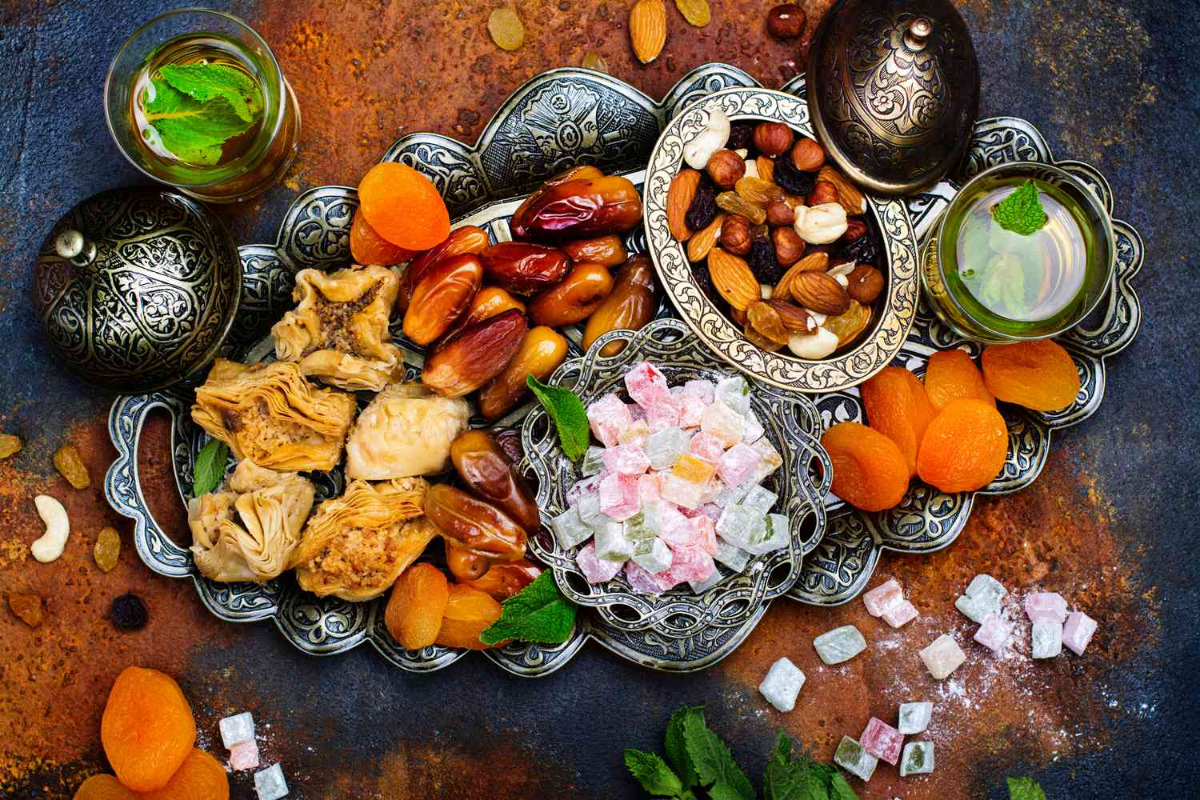





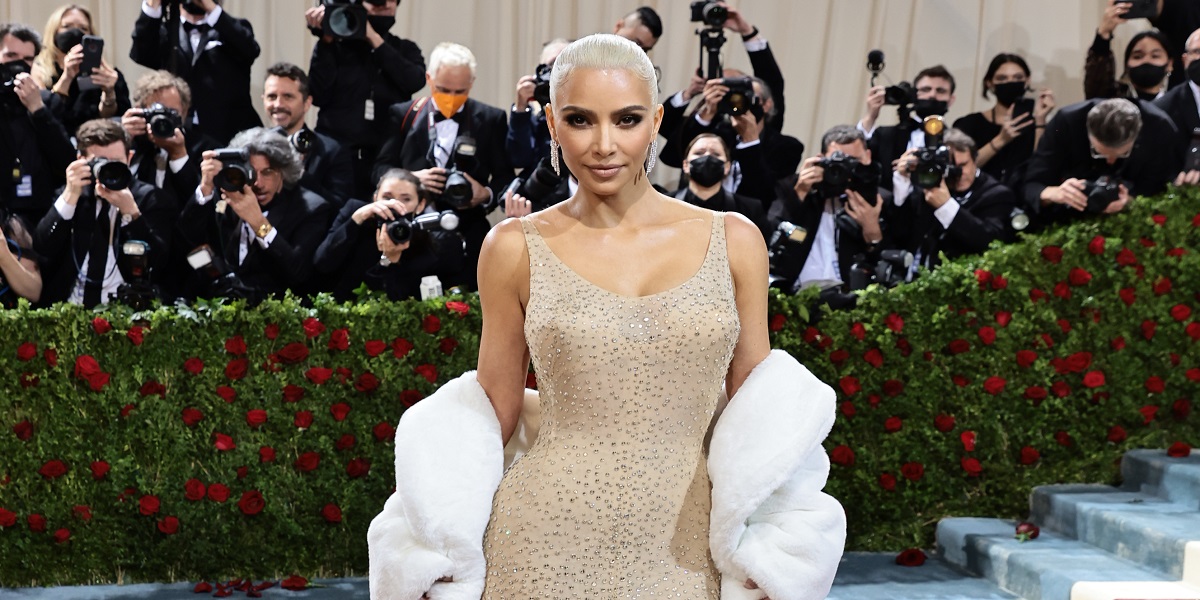







 “In the summer, instead of salads and green juices, Kareena Kapoor uses all-natural seasonal ingredients like mango, Jamun, curd, rice, papad, fresh veggies, lemongrass tea, and lemon water,” Rajuta Devakar added. “At home, your supper is about to be prepared. Taking care of local foods and their quantity are important considerations.”
“In the summer, instead of salads and green juices, Kareena Kapoor uses all-natural seasonal ingredients like mango, Jamun, curd, rice, papad, fresh veggies, lemongrass tea, and lemon water,” Rajuta Devakar added. “At home, your supper is about to be prepared. Taking care of local foods and their quantity are important considerations.” “A decent diet is like an everlasting idea; it’s not something you crave; eat at home, chew your snacks carefully so the feeling of fullness lasts longer,” Rajuta Devakar explained. They continued to consume ghee before, throughout, and after pregnancy, and they claim that it is not only good for the baby’s health but also helps with weight loss because ghee is antiseptic, better for the skin and joints Full of healthy fats that promote radiance and weight loss.
“A decent diet is like an everlasting idea; it’s not something you crave; eat at home, chew your snacks carefully so the feeling of fullness lasts longer,” Rajuta Devakar explained. They continued to consume ghee before, throughout, and after pregnancy, and they claim that it is not only good for the baby’s health but also helps with weight loss because ghee is antiseptic, better for the skin and joints Full of healthy fats that promote radiance and weight loss. Kareena also stated that she did not want to lose weight quickly and that it took her a year to return to her usual weight. She also stated that she stuck to the weight-loss procedure. It is preferable; if it is not, weight loss will be impossible. Kareena Kapoor believes that eating on time is better and that she is a big opponent of junk food. Kareena believes that the food she eats is healthy. Being limited.
Kareena also stated that she did not want to lose weight quickly and that it took her a year to return to her usual weight. She also stated that she stuck to the weight-loss procedure. It is preferable; if it is not, weight loss will be impossible. Kareena Kapoor believes that eating on time is better and that she is a big opponent of junk food. Kareena believes that the food she eats is healthy. Being limited.